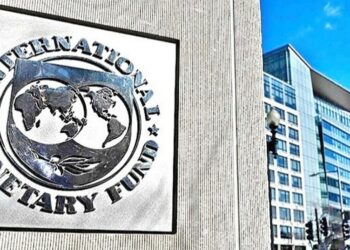Russian forces launched 10 Shahed drones at Ukraine overnight in their smallest aerial attack this year, Ukrainian officials reported Tuesday, as both nations manoeuvre ahead of potential high-stakes peace talks in Turkey this week.
The limited strike followed Moscow’s rejection of a Western-backed 30-day ceasefire, with the Kremlin instead proposing direct negotiations between Vladimir Putin and Volodymyr Zelenskyy in Istanbul on Thursday.
Ukraine’s president has conditioned his participation on meeting exclusively with Putin, dismissing lower-level talks as time-wasting. “Any negotiations without Putin are just dragging out the process,” Zelenskyy adviser Mykhailo Podolyak stated on a YouTube program hosted by exiled Russian journalists.
The Kremlin has yet to confirm Putin’s attendance but insists its delegation will arrive without preconditions despite Putin’s repeated denials of Zelenskyy’s legitimacy after claiming his term expired in 2023.
The diplomatic manoeuvring unfolds as both armies prepare for spring offensives along the 620-mile frontline, where attritional warfare has claimed tens of thousands of lives.
The Washington-based Institute for the Study of War notes Russia is “quickly replenishing front-line units” to maintain pressure, while Ukraine seeks to consolidate Western military support. Tuesday’s drone attack, dwarfed by Monday’s 100-drone barrage, suggests Moscow may be calibrating strikes to avoid derailing negotiations.
The U.S. is intensifying efforts to broker a pause in hostilities, with Secretary of State Marco Rubio coordinating Monday with European counterparts in London. Though the UK, France, Germany and Poland threatened new sanctions if Russia ignored the ceasefire demand, none were immediately announced after Moscow’s rejection.
The stalemate highlights the challenges facing the Trump administration’s push to end Europe’s bloodiest conflict since WWII, complicated by Putin’s territorial ambitions and Kyiv’s 2022 decree against negotiating with the Russian leader.




































